Medical filters, as critical components ensuring safety in medical procedures, must strictly adhere to manufacturing standards for medical devices. This article systematically elaborates on the core points of injection molding for medical filters from five dimensions: material selection, mold design, process control, quality management, and environmental requirements.
-
Material Selection: Balancing Biocompatibility and Functionality
Materials for medical filters must meet standards for biocompatibility, chemical stability, and processability. Current mainstream materials include:
-
Polycarbonate (PC): Used for the housing of hemodialysis filters, requiring annealing to eliminate internal stress and prevent cracking.
-
Polyphenylsulfone (PPSU): Suitable for high-temperature sterilization environments, such as dialyzer housings, with a temperature resistance of up to 180°C and compatibility with autoclaving.
-
Stainless steel filter mesh composite materials: Used in precision liquid filters, requiring strong bonding between the filter mesh and plastic substrate to prevent delamination.
Materials must comply with ISO 10993 biocompatibility standards, with heavy metal content ≤0.1 ppm and passing tests for cytotoxicity, sensitization, and genotoxicity.
-
Mold Design: Balancing Precision and Efficiency
-
Cavity Design: Adopt a three-plate mold structure, with runner diameter adjusted according to material flowability. For example, PPSU requires a runner diameter of 3–5 mm to reduce melt retention.
-
Cooling System: For uneven wall thickness in filters, use conformal cooling channels. For instance, hemodialysis filter housings require spiral cooling loops in thick-walled areas to reduce cooling time by 30%.
-
Ejection System: Ejector pin layout must avoid filter mesh installation areas, with ejection force controlled at 5–8 MPa to prevent mesh deformation.
Mold materials should be S316 stainless steel, with surface roughness Ra ≤0.4 μm and nitriding treatment for improved wear resistance.
-
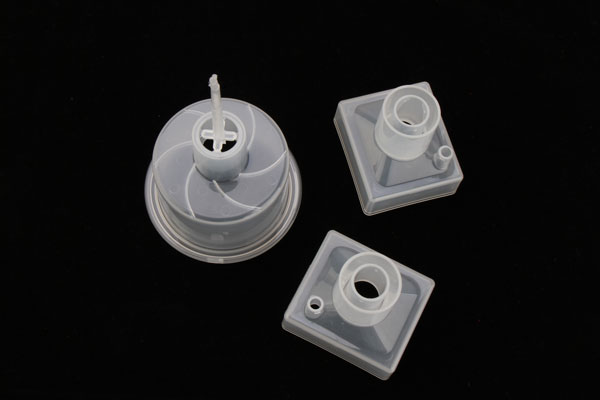
-
Process Control: Parameter Optimization and Defect Prevention
-
Injection Parameters:
-
Injection speed: Use five-stage segmented control, starting at 10 mm/s for filling and accelerating to 30 mm/s later.
-
Holding pressure: Set at 80% of injection pressure, with holding time covering gate solidification.
-
Cooling time: Adjusted based on material thermal conductivity; PPSU requires cooling to below 70°C before mold opening.
-
Stress Relief: PC filters require annealing at 55°C for 1.5 hours to reduce internal stress by 70%.
-
Quality Management: Full-Process Traceability and Validation
-
Dimensional Inspection: Use coordinate measuring machines (CMMs) to inspect critical dimensions, with tolerances for filter interface diameters controlled within ±0.02 mm.
-
Functional Testing:
-
Air filters must pass 0.2 μm particle retention tests with ≥99.99% efficiency.
-
Liquid filters must undergo burst pressure tests, withstanding ≥300 kPa.
-
Cleanliness Control: Production environments must meet ISO Class 7 cleanliness standards, with particle concentrations ≤352,000 particles/m³ (≥0.5 μm).
-
Environment and Regulations: Compliance Assurance
-
Cleanroom: Use fully enclosed dust-free designs with HEPA filtration systems and ≥25 air changes per hour.
-
Regulatory Compliance: Products must pass ISO 13485 quality management system certification and comply with FDA 21 CFR 820.30 design control requirements.
-
Traceability System: Establish a batch management system to record raw material batch numbers, process parameters, and test data for each filter, ensuring traceability.
Conclusion
The injection molding of medical filters integrates materials science, precision manufacturing, and quality management. By strictly controlling material selection, mold design, process parameters, and environmental factors, products can meet the stringent requirements of medical applications. Future advancements, such as 3D-printed molds and AI-driven process optimization, will further enhance the precision and efficiency of medical filter injection molding.
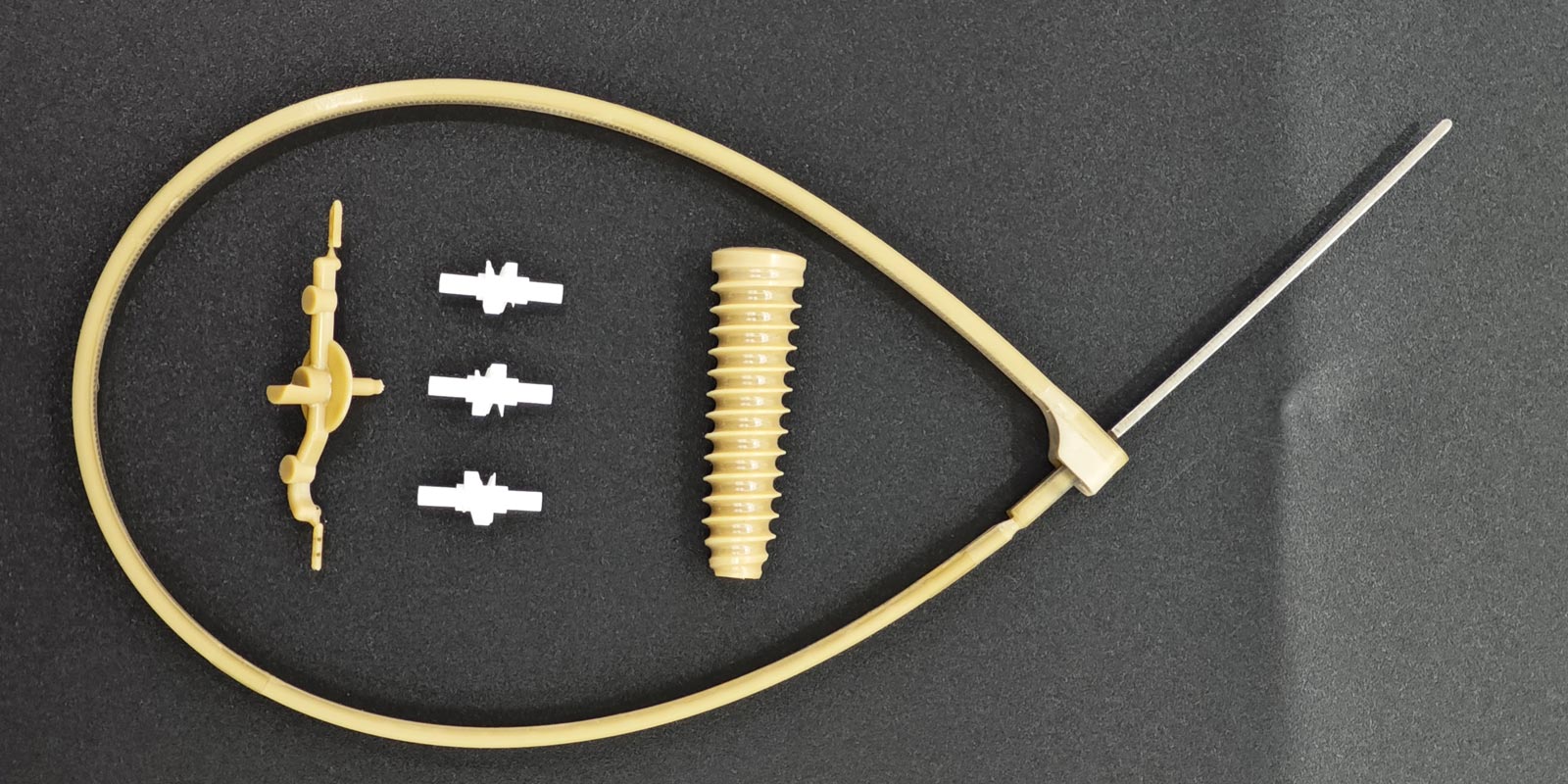
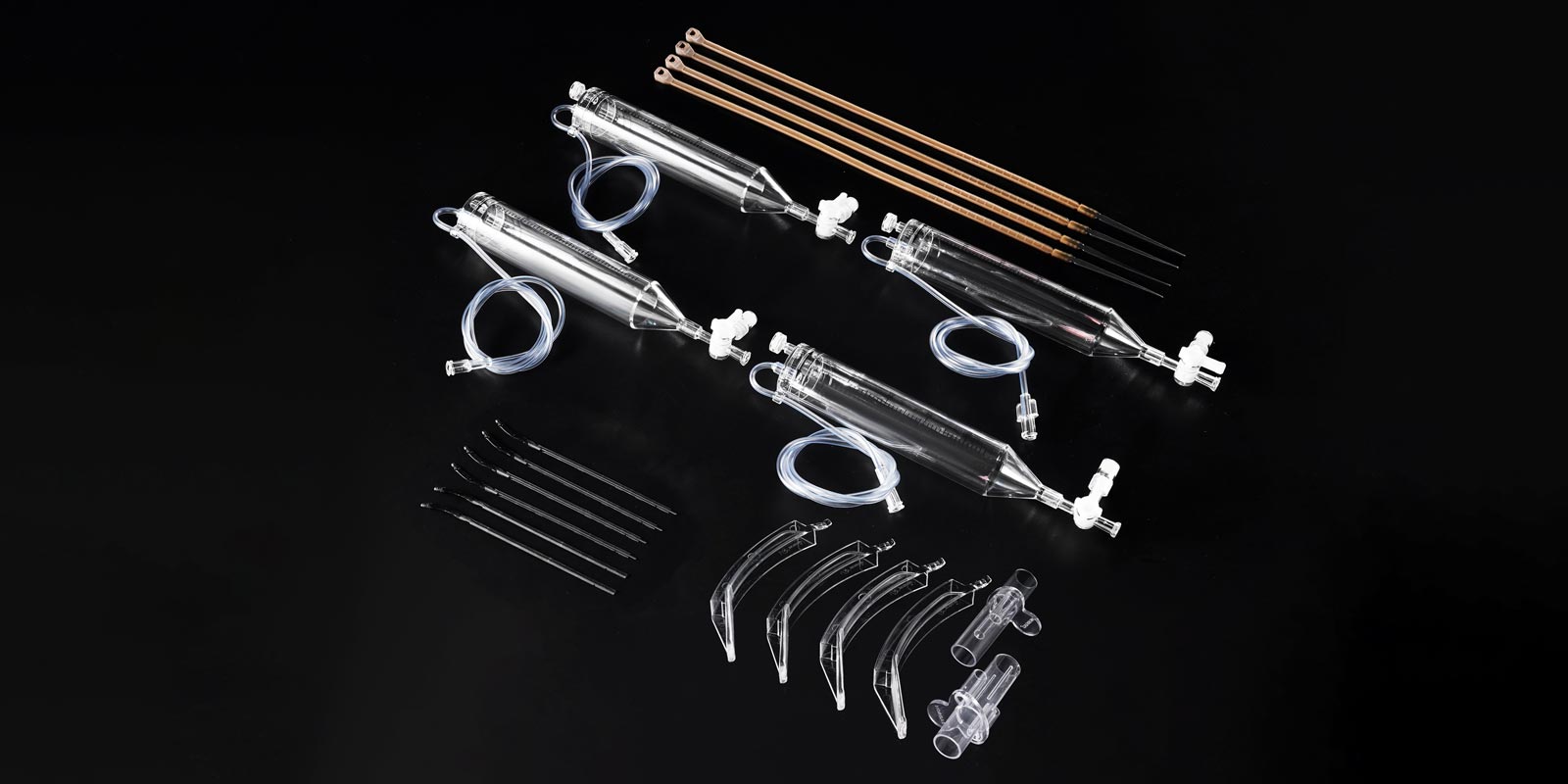
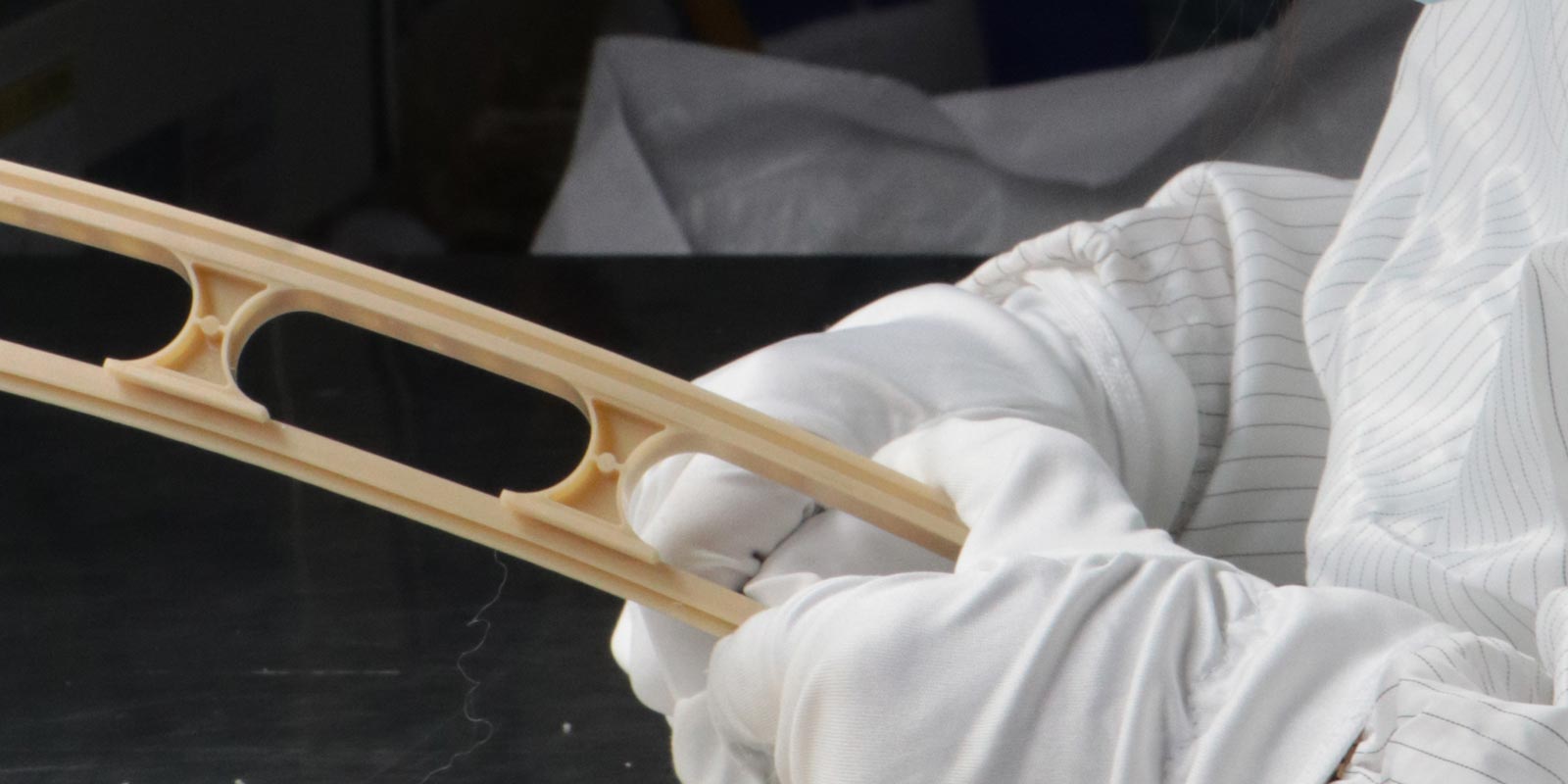
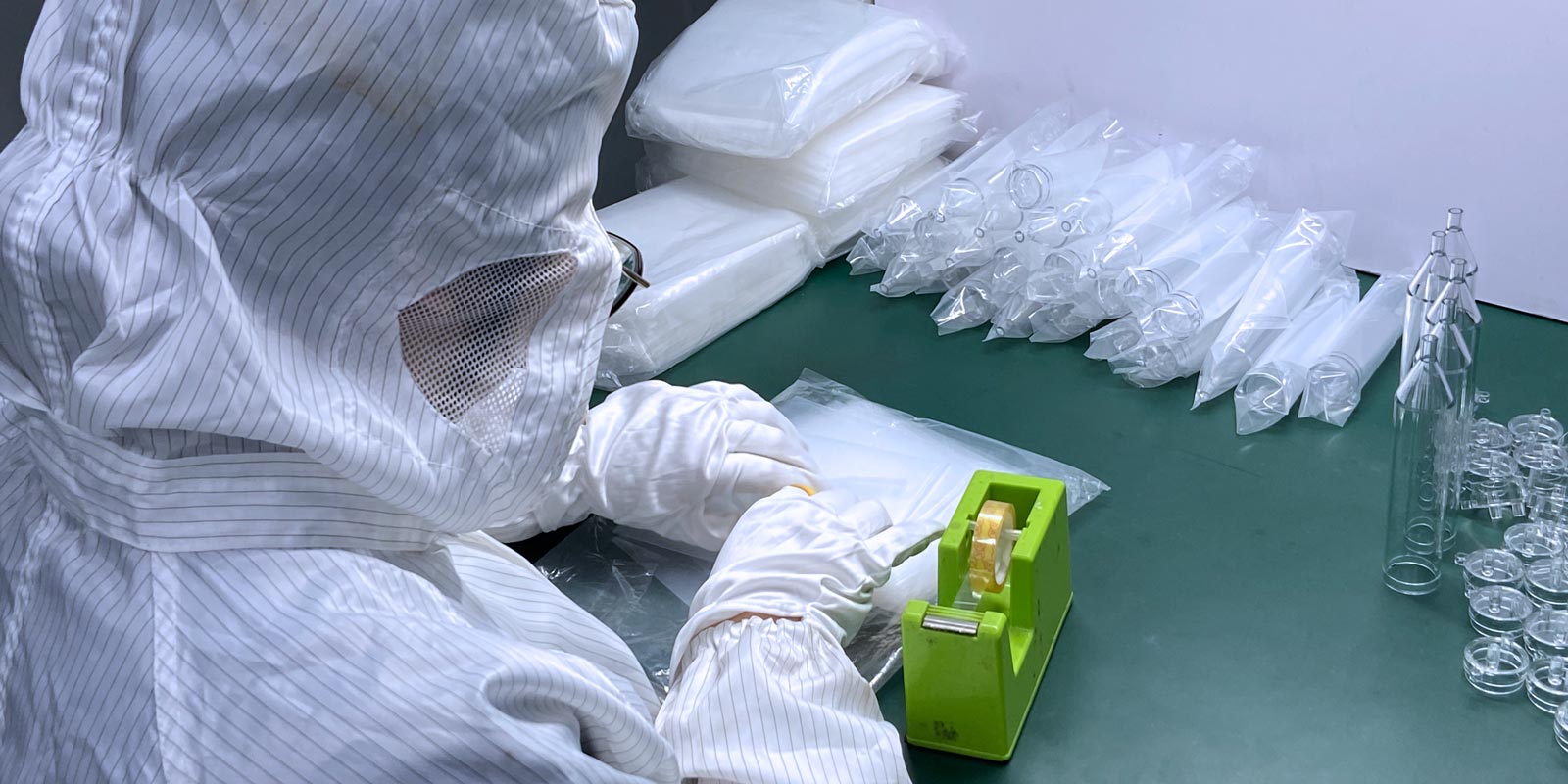
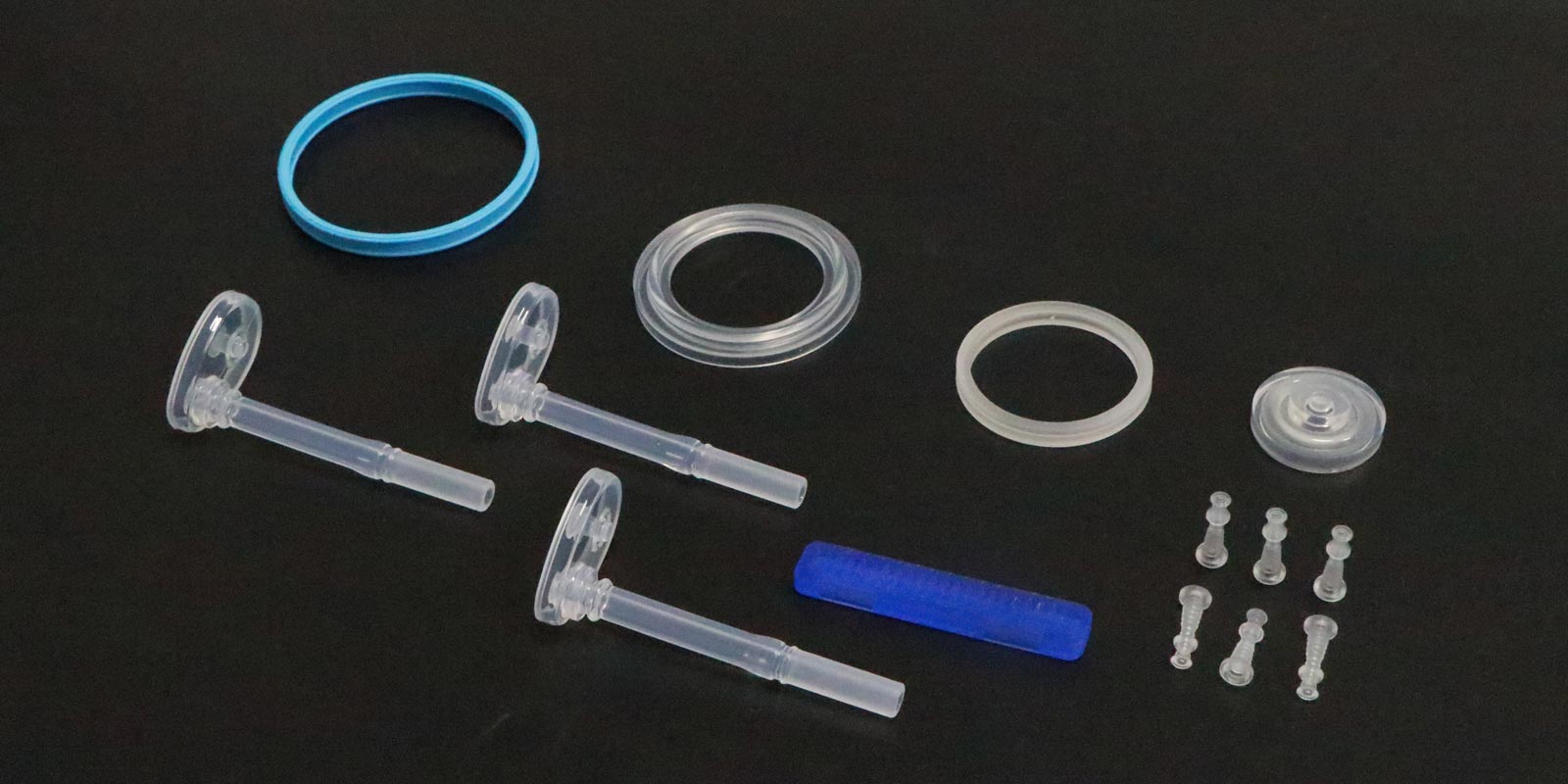
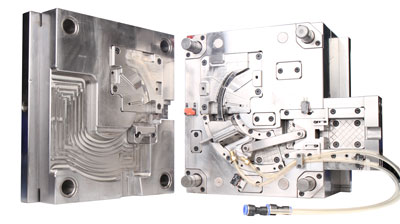
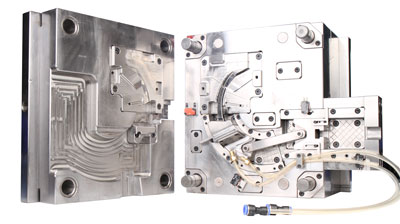
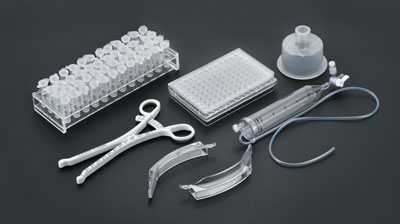
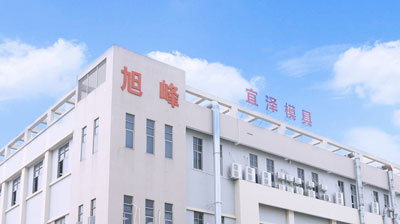







 Home
Home
